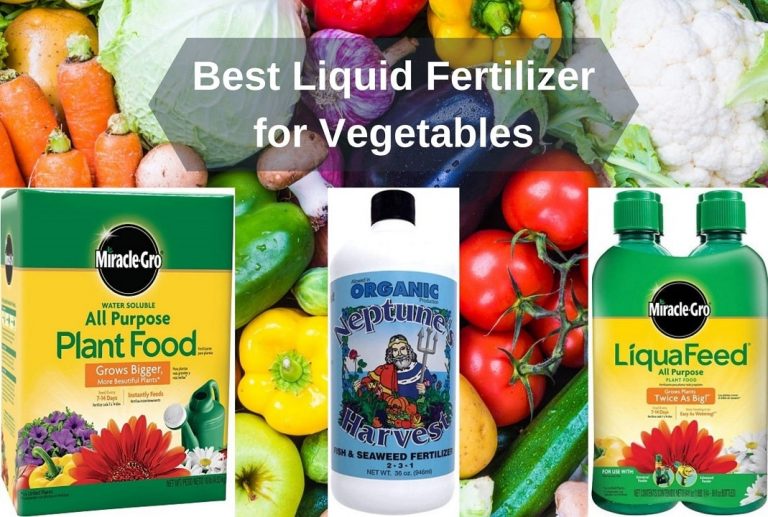Top Organic Fertilizers for Gardening

Boost Your Garden's Health: The Best Fertilizers for Organic Gardening
Embarking on an organic gardening journey? You're in the right place! Today, we're diving into the wonderful world of best fertilizers for organic gardening. Let's explore how to nourish your plants naturally, boost soil health, and create a sustainable garden oasis.
Why Choose Organic Fertilizers?
Before we delve into the best fertilizers for organic gardening, let's understand why they're the way to go.
Eco-Friendly and Sustainable
Organic fertilizers are derived from natural sources like plants and animals. They're eco-friendly, reducing your garden's carbon footprint. Plus, they promote sustainable gardening, ensuring your garden thrives for generations to come.
Nourishes Soil Health
Unlike synthetic fertilizers, organic ones feed the soil, not just the plants. They improve soil health by enhancing its structure, water retention, and microbial activity. It's like giving your garden a superfood smoothie!
Enhances Plant Nutrition
Organic fertilizers release nutrients slowly, providing a steady diet for your plants. This promotes robust growth and resilience, helping your plants fight off pests and diseases naturally.
Top Organic Fertilizers for Gardening
Now, let's explore the best fertilizers for organic gardening that'll make your plants jump for joy!
Compost: The Gardener's Gold
At the top of our list is compost, the gardener's gold. It's a rich blend of decayed organic matter, packed with nutrients and beneficial microbes.
How to Use Compost
Spread a 1-2 inch layer of compost over your garden beds in spring or fall. Till it in or let it sit on top to break down naturally. For container plants, mix it into the potting soil before planting.
Manure: Nature's Richest Gift
Manure is another fantastic organic fertilizer, packed with nitrogen, phosphorus, and potassium. It's a gardener's best friend, promoting lush growth and healthy plants.
Types of Manure
- Cow Manure: Rich in nitrogen and potassium, it's great for all plants.
- Horse Manure: High in nitrogen, it's excellent for leafy greens and vegetables.
- Chicken Manure: Packed with nitrogen, it's a powerhouse for fast-growing plants.
How to Use Manure
Age your manure for at least three months to kill weed seeds and pathogens. Then, work it into your soil at a rate of 20-30 pounds per 100 square feet.
Blood Meal: A Protein Powerhouse
Blood meal is a byproduct of the meatpacking industry, high in nitrogen and protein. It's an excellent fertilizer for nitrogen-loving plants like corn, tomatoes, and cucumbers.
How to Use Blood Meal
Sprinkle blood meal on the soil around your plants, then water it in. For new plants, mix it into the planting hole. Use 5-10 pounds per 1,000 square feet.
Bone Meal: Calcium and Phosphorus Booster
Bone meal is a great source of calcium and phosphorus, promoting strong roots and healthy plant growth. It's perfect for flowering plants, fruits, and vegetables.
How to Use Bone Meal
Work bone meal into the soil before planting, mixing it into the top 6 inches. For established plants, scratch it into the soil around the drip line. Use 5-10 pounds per 1,000 square feet.
Fish Emulsion: A Smelly Wonder
Fish emulsion is a liquid fertilizer made from decomposed fish. It's rich in nitrogen, phosphorus, and potassium, promoting lush growth and green foliage.
How to Use Fish Emulsion
Dilute fish emulsion according to package instructions and apply it to your plants' leaves and soil. Use it every 2-4 weeks during the growing season.
Seaweed Fertilizer: Ocean's Bounty
Seaweed fertilizer is harvested from the ocean, packed with micronutrients, and boosts plant growth and immunity.
How to Use Seaweed Fertilizer
Dilute seaweed fertilizer according to package instructions and apply it to your plants' leaves and soil. Use it every 2-4 weeks during the growing season.
When to Fertilize Your Garden
Timing is everything when it comes to fertilizing your garden. Here's a simple guide:
- Early Spring: Apply a fresh layer of compost or aged manure to kickstart your plants' growth.
- Mid-Spring to Fall: Use liquid fertilizers like fish emulsion or seaweed fertilizer every 2-4 weeks.
- Fall: Apply a final layer of compost or manure to prepare your garden for winter.
Tips for Successful Organic Fertilizing
Test Your Soil
Before you start fertilizing, test your soil's pH and nutrient levels. This will help you understand what your plants need and prevent over-fertilizing.
Less is More
When in doubt, use less fertilizer. Organic fertilizers release nutrients slowly, so a little goes a long way.
Rotate Your Fertilizers
Mix and match your organic fertilizers to provide a broad range of nutrients to your plants.
Conclusion
Embracing best fertilizers for organic gardening is a win-win: you're creating a healthier garden and a healthier planet. So, grab your compost bin, visit your local farm for some manure, and let's grow some amazing plants together!
FAQs
-
Q: Can I use fresh manure in my garden? A: No, fresh manure can burn plants and contains pathogens. Always use aged or composted manure.
-
Q: How often should I fertilize my garden? A: It depends on the fertilizer and your plants' needs. A good rule of thumb is every 2-4 weeks during the growing season.
-
Q: Can I use organic fertilizers on container plants? A: Yes, mix organic fertilizers into your potting soil before planting, and use liquid fertilizers every 2-4 weeks.
-
Q: How do I know if my plants need more fertilizer? A: Look for signs like yellowing leaves (chlorosis), stunted growth, or poor flowering/fruiting. A soil test can also help.
-
Q: Where can I learn more about organic gardening? A: Check out www.organicgardening.com for a wealth of information on organic gardening techniques and best practices.
0 Response to " Top Organic Fertilizers for Gardening"
Post a Comment